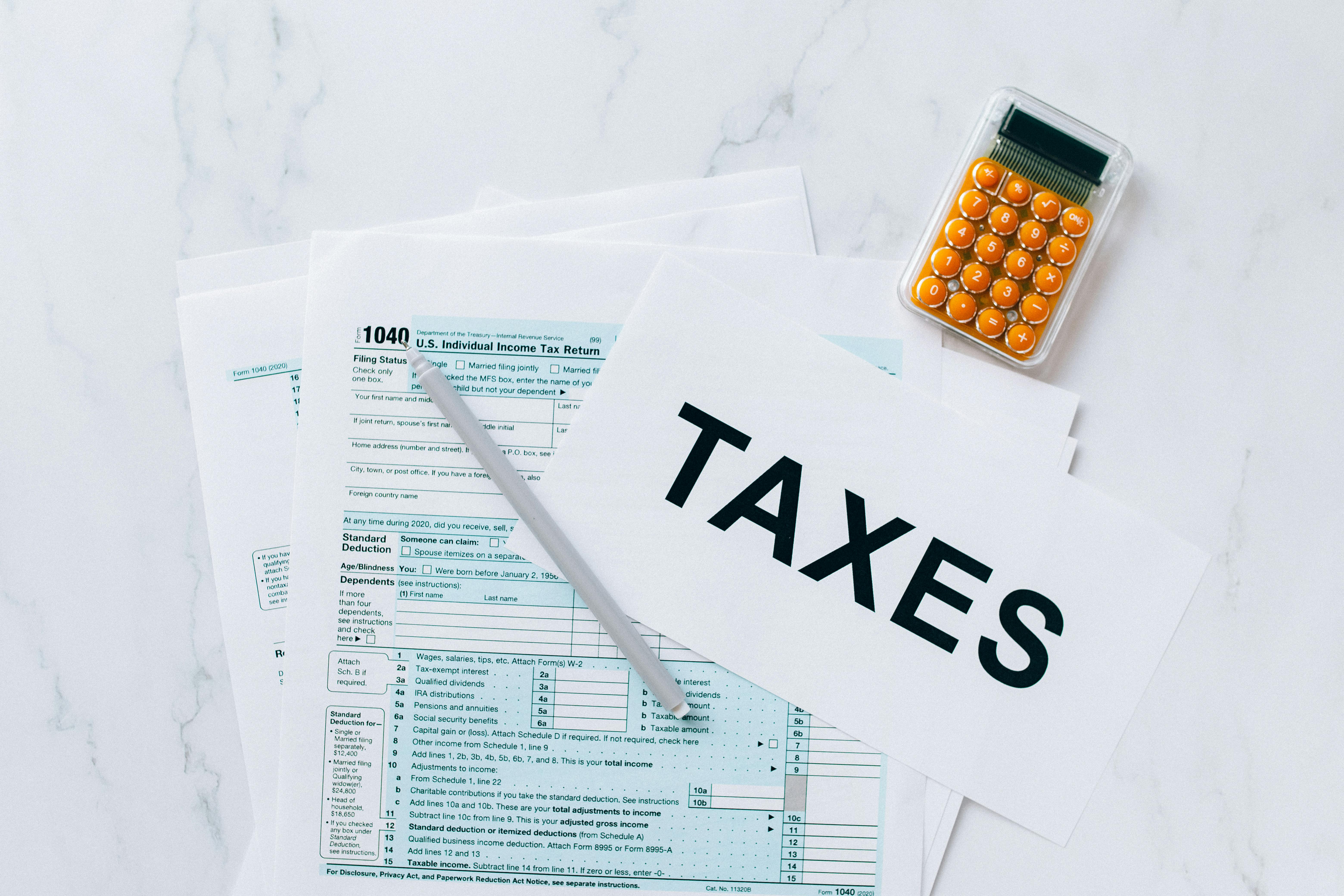A Guide to Crypto Tax Reporting for Canadian Traders

Introduction
Cryptocurrency taxation in Canada is a complex topic that every trader must understand to ensure compliance with the Canada Revenue Agency (CRA). Whether you're trading Bitcoin, Ethereum, or other digital assets, the CRA treats crypto as property, meaning each transaction could have tax implications. This guide provides an in-depth look at how crypto traders in Canada should report their gains, losses, and other taxable activities.
How Does the CRA Tax Cryptocurrency?
In Canada, the CRA does not consider cryptocurrency legal tender but rather as a digital asset subject to taxation under property rules. The tax treatment of crypto transactions depends on whether they are categorized as capital gains or business income.
- Capital Gains Tax: If you buy and sell crypto occasionally, your profits are likely taxed as capital gains. In this case, only 50% of the gain is taxable.
- Business Income Tax: If you engage in frequent trading, mining, staking, or operate a crypto business, your gains will be treated as business income, meaning 100% of the profit is taxable at your applicable income tax rate.
Taxable Crypto Transactions in Canada
The following transactions are considered taxable and must be reported to the CRA:
- Selling cryptocurrency for fiat currency (e.g., CAD, USD)
- Trading one cryptocurrency for another (e.g., Bitcoin for Ethereum)
- Using cryptocurrency to purchase goods or services
- Receiving crypto as payment for services or employment
- Earning staking or mining rewards
Even if you do not cash out to fiat, these transactions still trigger tax implications because they involve a disposition of property.
How to Report Crypto on Your Canadian Tax Return
Step 1: Calculate Your Gains and Losses
To determine your taxable amount, you need to calculate your adjusted cost base (ACB) for each cryptocurrency. The ACB represents the purchase price plus any associated fees (e.g., transaction fees).
The formula for capital gains calculation is:
Capital Gain (or Loss) = Selling Price - Adjusted Cost Base - Transaction Fees
Example:
- You buy 1 Bitcoin for $40,000 CAD.
- You later sell it for $50,000 CAD.
- Your capital gain is $10,000, and only $5,000 (50%) is taxable under capital gains tax rules.
Step 2: Determine If You Have Business Income
If your activities resemble day trading or mining operations, the CRA may classify your income as business income. Unlike capital gains, business income does not benefit from the 50% capital gains inclusion rate—the entire amount is taxable.
Step 3: Report Crypto on Your Tax Return
- Capital Gains: Report on Schedule 3 of your T1 income tax return.
- Business Income: Report using T2125 – Statement of Business Activities.
- Mining Income: Report under self-employment income (if operating as an individual).
Common Crypto Tax Deductions in Canada
Crypto traders engaged in business activities may be eligible for deductions to lower their taxable income. Some deductible expenses include:
- Trading platform fees
- Crypto mining equipment and electricity costs
- Transaction fees (gas fees)
- Software subscriptions for crypto tracking
- Consulting or professional tax advice related to crypto
The Importance of Keeping Crypto Tax Records
The CRA requires crypto traders to maintain accurate records of all transactions. Failing to keep proper documentation can result in audits, penalties, or additional tax liabilities. The CRA recommends keeping records for at least six years.
Records You Should Keep:
- Dates of transactions
- Amount of crypto bought/sold
- Purchase and sale prices (in CAD)
- Wallet addresses used
- Transaction fees paid
- Any crypto received as income or rewards
What Happens If You Don’t Report Crypto Taxes?
Failing to report your crypto transactions can result in penalties, interest, or even legal consequences. The CRA uses advanced tracking tools to monitor crypto transactions, including working with exchanges and blockchain analytics firms. If you have unreported crypto transactions, it’s advisable to file a voluntary disclosure before the CRA contacts you.
Conclusion
Cryptocurrency taxation in Canada requires traders to keep meticulous records and accurately report gains or income. Understanding whether your activities qualify as capital gains or business income is crucial for determining tax liability. Proper reporting ensures compliance with the CRA and helps you avoid potential audits or penalties.
Tax Partners can help you navigate the complexities of crypto tax reporting in Canada. Whether you need assistance with calculations, deductions, or tax filing, our experts are here to guide you.
This article is written for educational purposes.
Should you have any inquiries, please do not hesitate to contact us at (905) 836-8755, via email at info@taxpartners.ca, or by visiting our website at www.taxpartners.ca.
Tax Partners has been operational since 1981 and is recognized as one of the leading tax and accounting firms in North America. Contact us today for a FREE initial consultation appointment.